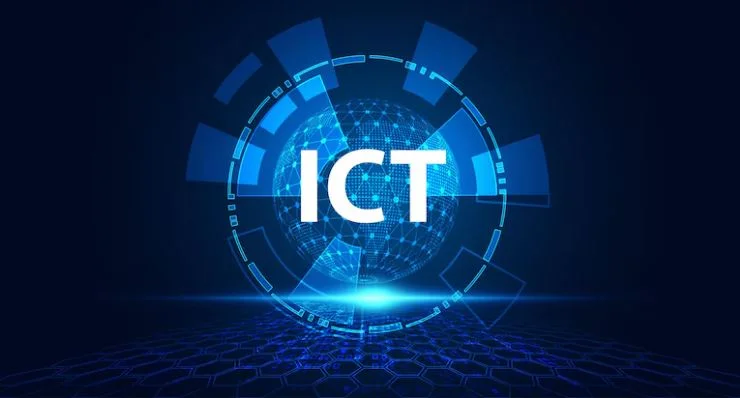In recent years, the integration of Information and Communication Technology (ICT) into the judicial system has emerged as a game-changer in addressing the persistent issue of case backlogs. Many countries, including Tanzania, are witnessing the benefits of utilizing digital tools to streamline court operations, improve efficiency, and enhance access to justice. The ongoing digital transformation within the judiciary is not just a technological shift; it represents a significant stride toward modernizing legal processes and ensuring timely justice for all.
The Challenge of Case Backlogs
Case backlogs have long been a significant challenge for judicial systems worldwide. Delays in the resolution of cases not only undermine public confidence in the legal system but also result in prolonged uncertainty for individuals involved in legal disputes. In many jurisdictions, limited resources, inefficient processes, and outdated practices contribute to these backlogs, creating a cycle of delays that can stretch for months or even years.
Recognizing the urgency of the situation, governments and judicial authorities have begun to explore innovative solutions to alleviate these backlogs. The introduction of ICT solutions has emerged as a viable pathway toward achieving greater efficiency in the judicial system.
Transformative Impact of ICT in the Judiciary
The use of ICT in the judiciary has introduced several transformative changes that have proven effective in reducing case backlogs. Some key advancements include:
- Electronic Case Management Systems
Many courts have implemented electronic case management systems that allow for the digital filing, tracking, and management of cases. These systems enable judges, lawyers, and court staff to access case information in real time, reducing delays associated with paperwork and manual processes. By automating routine tasks, such as scheduling hearings and sending notifications, the judiciary can focus on the substantive aspects of cases. - Virtual Hearings and Remote Access
The COVID-19 pandemic accelerated the adoption of virtual hearings, which have now become a staple in many judicial systems. Courts are leveraging video conferencing technology to conduct hearings remotely, allowing parties to participate from various locations without the need for physical presence. This has significantly reduced delays caused by travel restrictions or logistical challenges, ensuring that cases can be heard in a timely manner. - Online Dispute Resolution (ODR)
Online Dispute Resolution platforms have emerged as an innovative approach to resolving disputes without the need for traditional court proceedings. These platforms facilitate mediation and arbitration processes online, providing parties with an efficient alternative to litigation. By encouraging parties to resolve disputes amicably and expeditiously, ODR can help reduce the number of cases that enter the formal court system. - Data Analytics for Case Management
The integration of data analytics tools in the judiciary allows courts to analyze patterns and trends in case filings, resolution times, and resource allocation. By identifying bottlenecks and areas for improvement, judicial authorities can make informed decisions to optimize their processes and allocate resources more effectively. - Increased Transparency and Accountability
ICT solutions promote transparency in the judicial process by allowing the public to access case information, court schedules, and decisions online. This increased transparency fosters accountability among judicial officers and builds public trust in the system. When citizens can track the progress of their cases and see the outcomes, it encourages compliance and participation in the judicial process.
Challenges and Considerations
While the use of ICT in the judiciary offers numerous advantages, it is essential to acknowledge the challenges that may arise during implementation. Issues such as inadequate infrastructure, digital literacy gaps, and concerns over data privacy and security must be addressed to ensure the successful integration of technology in the judicial system.
Governments and judicial authorities must invest in training programs to equip judges, court staff, and legal practitioners with the necessary skills to navigate digital tools effectively. Additionally, ensuring robust cybersecurity measures will be critical to protect sensitive legal information and maintain the integrity of the judicial process.
Conclusion
The integration of ICT into the judiciary is transforming the way courts operate, significantly reducing case backlogs and enhancing access to justice. By streamlining processes, facilitating remote hearings, and leveraging data analytics, judicial systems are better equipped to address the challenges of a growing case load.
As more countries adopt ICT solutions, the potential for improving the efficiency and effectiveness of the judicial system will continue to expand. However, it is crucial for stakeholders to work collaboratively to overcome challenges and ensure that the benefits of technology are accessible to all. By embracing digital transformation, the judiciary can pave the way for a more responsive, transparent, and efficient legal system, ultimately fulfilling its mandate to deliver timely justice to all citizens.























